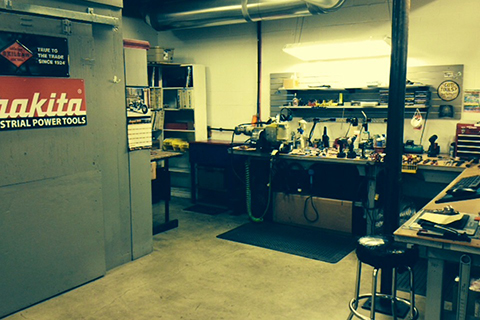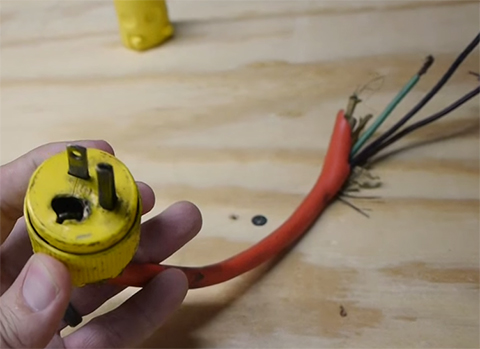Electrical power is one of the cornerstones of modern life and a critical element for productivity on the jobsite. Electricity, as we all know, can also be very dangerous and should continue to be top of mind in regards to personal safety. We previously covered proper usage of extension cords and GFCIs with Travis from Safex (see video below) but we also wanted to talk a little more about identifying damage and who can/should repair cords. Similar dangers are relevant for power tool with electrical cord attached.
Extension Cords & GFCIs
Identifying damage to extension cords and GFCIs is covered under NFPA 70E (National Fire Protection Association) which was developed at OHSA’s request to help companies and employees avoid workplace injuries and fatalities due to shock, electrocution, arc flash, and arc blast, and assists in complying with OSHA. It is always best to error on the side of safety, which means you should first simply look to replace the cord all together. Cord repairs should only be done by a “qualified electrician” (see NFPA link) and should never be done with electrical tape. Replacement of cord ends is an acceptable repair practice so if there is minor cord damage cord should be cut behind the damage and re-terminated with a new end (approved and sized correctly) to save what’s left of that cord.
Power Tool & Equipment Cords
Many companies we have talked with are pushing to go completely cordless on the job in part to avoid any tools with cords that might be susceptible to getting them an OSHA fine due to cord damage. Tools in use on the jobsite with any cord damage can easily earn a fine of a few thousand bucks, for multiple offense that number can escalate to 10x for each fine. Going cordless for grinders and rotary hammers all the sudden look much more economical even with a slightly high up front cost for the tool.
The best practice if there is any cord damage to a tool on the job is to cut that cord off so it cannot be used or attempted to be fixed with tape. The repair to that tool should be done by the manufacturer or by an Authorized Tool Repair Center with factory trained technicians who will replace the cord completely as well as assure it is again working as intended under the manufacturer’s specs.
Replace It
While extension cords and GFCIs are not necessarily cheap, ranging from $20-$90+ for professional grade quality, they are much less expensive than fines or injuries that bad cords may cause. It is simply not worth the risk, replace them if there is any question.





